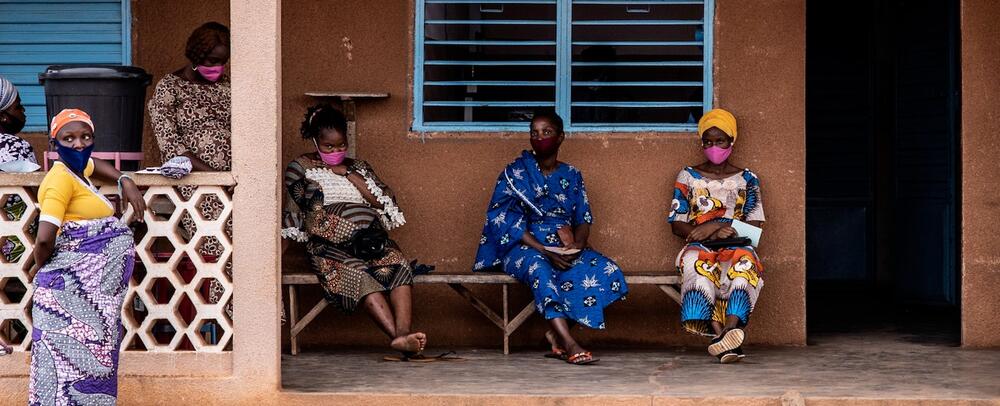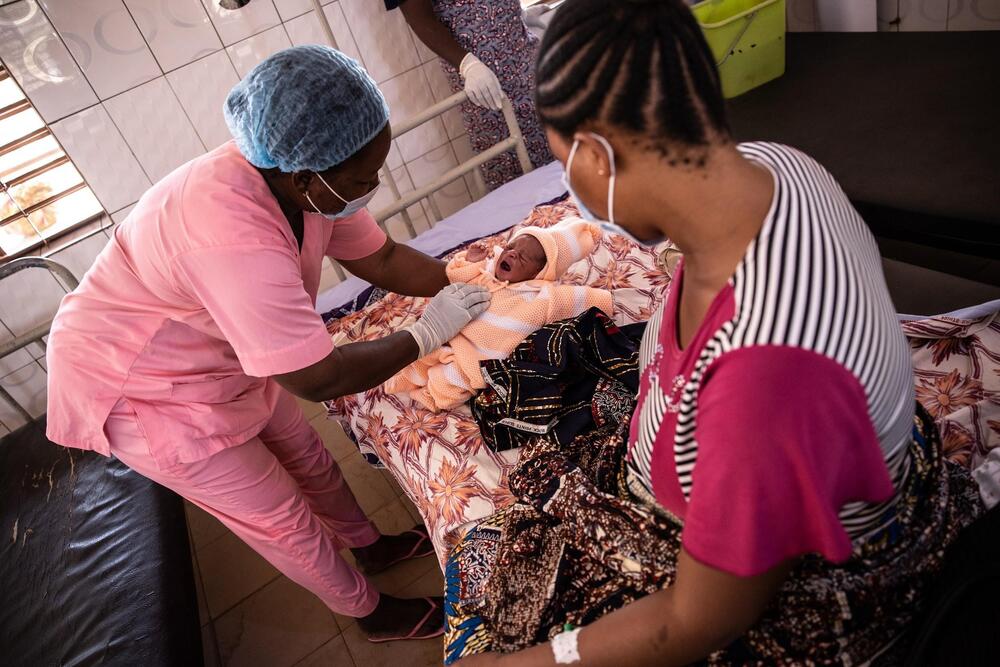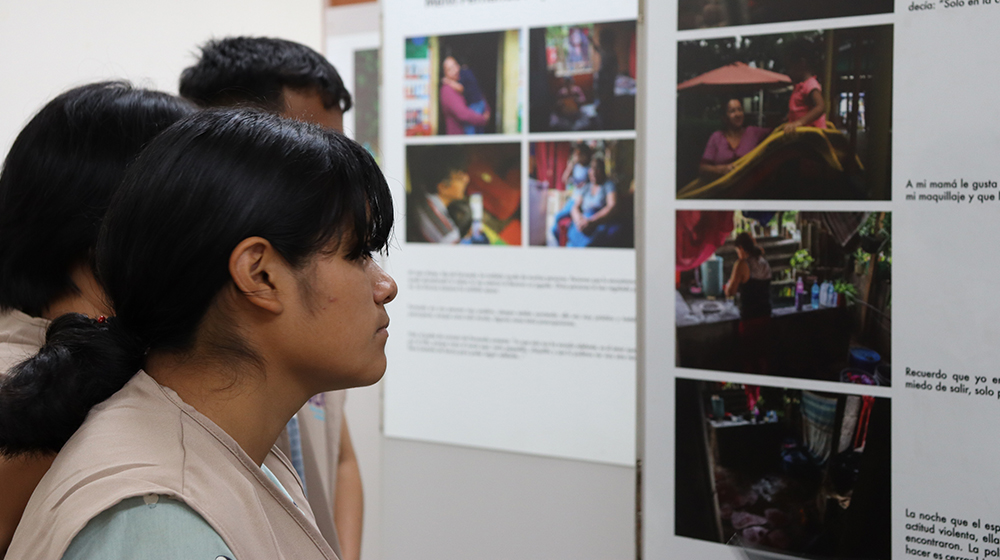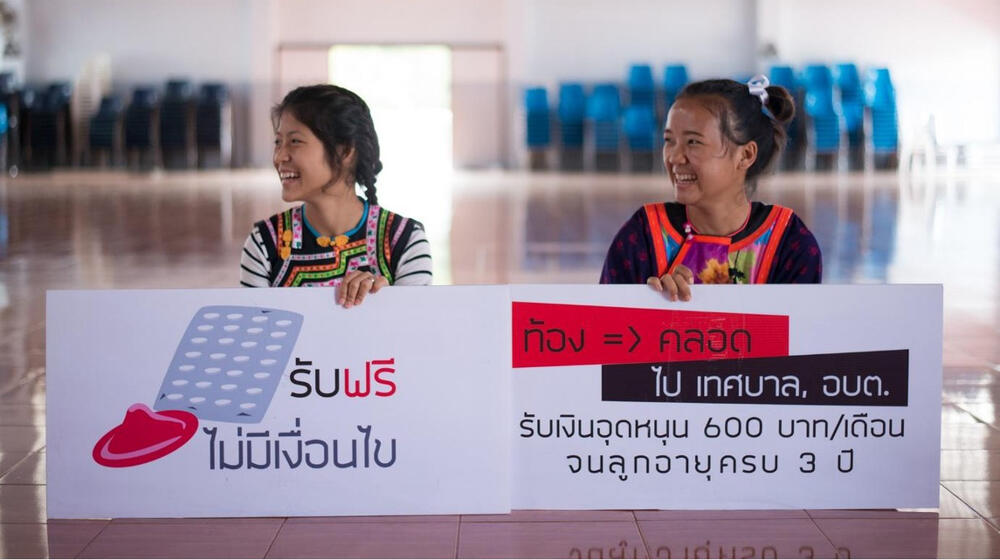
Every 11 seconds, a mother or newborn dies due to complications related to pregnancy or childbirth, such as haemorrhage, which can occur without warning and kill even a healthy woman within two hours.1
In places where maternal health services are already underfunded, diverting resources away from sexual and reproductive health services, including antenatal, childbirth, postnatal care, and family planning services, threatens women’s and newborns’ health and lives. Front-line workers, including midwives, are also at risk of becoming infected with COVID-19, which may lead to

weakening already fragile health systems and can result in increased home deliveries as well as increased maternal and newborn morbidity and mortality. Safe pregnancies and childbirth depend on functioning health systems and infection prevention and control measures (IPC). This means it is crucial that health facilities continue operations, allowing women and babies uninterrupted access to essential maternal and newborn health services, particularly care to manage life-threatening complications that an estimated 15% of all pregnant women are expected to face, according to a report by the National Center for Biotechnology Information.2
The support of Takeda Pharmaceutical Company Limited to UNFPA’s COVID-19 Appeal through the project “Ensuring access to quality maternal and newborn health care during the COVID-19 pandemic” ensures life-saving maternal and newborn health services for at least 350,000 women and newborns in Benin, Guinea and Togo, including 12,700 women facing life-threatening complications during the COVID-19 pandemic. By prioritizing countries with weak public health and social support systems, UNFPA’s efforts focus on strengthening health system capacity, procuring and delivering essential supplies and personal protective equipment (PPE) for health workers to protect against exposure from COVID-19, ensuring access to and provision of quality sexual, reproductive, maternal health and gender-based violence services, as well as supporting communication and community engagement on protective measures.
In Benin, through the Takeda-supported project, UNFPA is prototyping the use of drones to deliver essential medicines and supplies, including MNH medicine and blood to remote regions which are difficult to access. In Guinea, UNFPA has implemented a comprehensive community outreach strategy. UNFPA has provided health centers in Conakry with a fleet of 15 motorbikes, allowing midwives to more easily reach women in an emergency. In Togo, the project provides life-saving commodities to health facilities and supports remote prenatal and postnatal consultation. It also strengthens hygiene standards in maternity units and supports local production of hygiene products. Together, UNFPA and Takeda have provided essential supplies and logistical support to frontline health workers to maintain services, staff availability, and save mothers’ and newborns’ lives.
1UNICEF. Surviving birth: Every 11 seconds, a pregnant woman or newborn dies somewhere around the world. Access at: https://www.unicef.org/press-releases/surviving-birth-every-11-seconds-pregnant-woman-or-newborn-dies-somewhere-around Last access: November 2021.
2Reproductive Health in Developing Countries: Expanding Dimensions, Building Solutions. National Center for Biotechnology Information. 1997. Available at: https://www.ncbi.nlm.nih.gov/books/NBK233286/ Last accessed November 2021.




